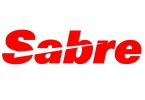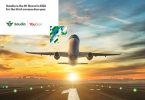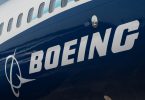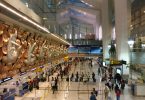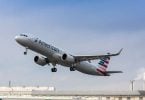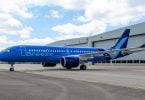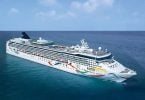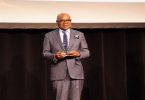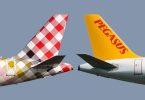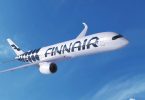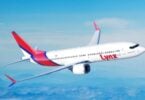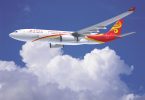It’s been a long time coming, but it seems U.S. airlines finally may have reached a limit on new fees they can charge for in-flight perks that used to be included in the ticket price.
After adding fees for things like bag checks, seat assignments, pillows and blankets, there simply aren’t many more complimentary items and services airlines can pry loose from the base fare, experts say.
That’s welcome news for travelers who find the avalanche of new fees tedious.
“If people knew that this was the extent to which this is going to go, that would make them feel better,” said Kevin Mitchell, chairman of the Business Travel Coalition (BTC). “(But) they should also know that there’s no reversing it.”
Mitchell also noted that airlines are creative and that there may yet be some elements of the reservation or check-in process that they can still unbundle.
Major airlines, battered in recent years by high costs, low-fare competition and economic recession, have generated billions of dollars in new revenue from sales of items and services that previously had been free.
Last year, for example, airlines unveiled a particularly unpopular charge, for checking a single bag. Passengers balked, but now that fee is common among major U.S. carriers like AMR Corp’s American Airlines and UAL Corp’s United Airlines.
SCRAPING THE BOTTOM
When implementing the new fees, U.S. airlines took their cues from foreign carriers that use the so-called “a la carte” model that charges passengers for items and services that are not absolutely essential to travel.
Ryanair Holdings Plc, Europe’s largest budget carrier, last month rankled travelers when its chief executive said the airline might even charge passengers to use airplane toilets. A company spokesman later said the fee had been discussed internally but Ryanair has no immediate plans to introduce it.
Passengers in the United States also have pushed back. US Airways Group Inc recently rescinded a fee for sodas on its flights after customers complained and rivals declined to match.
In general, however, the fees have paid off well for U.S. carriers, which have reported big increases in the ancillary revenue they earn from sales of goods and services.
American Airlines, the second largest U.S. airline, saw its ancillary revenue increase 60 percent to $2.1 billion in 2008 from $1.3 billion in 2002.
“That’s been a pretty big success story,” AMR Chief Financial Officer Tom Horton told Reuters in an interview last week.
He said the company is always looking for new revenue streams, but he declined to say whether AMR was planning to unveil a new fee or service at this time.
FINDING NEW REVENUE
Experts generally agree that airlines are running out of ways to charge for items that customers currently take for granted. But that won’t stop carriers from introducing new items and services to sell on flights, said Andrew Watterson, an airline consultant and at Oliver Wyman, a management consulting company.
“Unbundling was the trend, and that did create lots of value in the airlines. The future is in rebundling,” said Watterson.
He noted the influx into coach cabins of superior-quality meals, day passes to airport lounges and the option to purchase frequent flyer miles. All these can be purchased on some airlines for additional fees.
BTC’s Mitchell agreed. He said that airlines are beefing up their merchandising and soon will sell many more perks in cabins that previously did not have access to them.
“They’re going to use the cabin for all manner of merchandising,” Mitchell said.
“There’s all kinds of opportunities,” he said. “You have a captive audience.”



